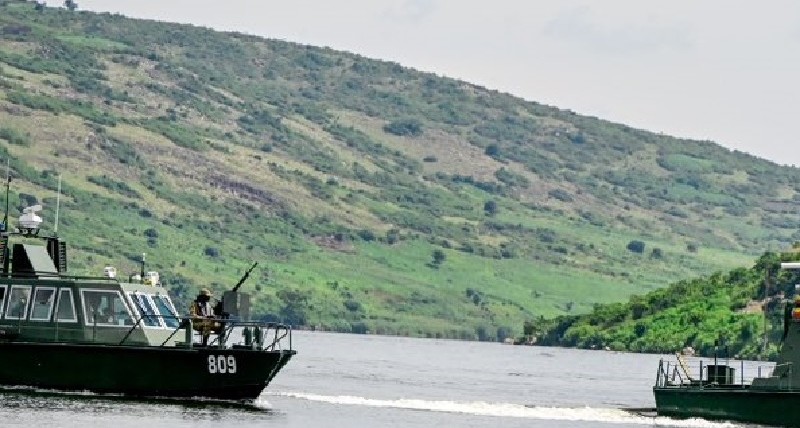Tourism, often described as the « ultimate stage of colonialism, » has deeply influenced the territories and imaginations of former European empires. While this phenomenon has been extensively studied by geographers, sociologists, and historians, the perspective of architectural researchers, although occasionally present, has never before been the subject of collective exploration. This book marks a first by gathering contributions primarily from architectural historians, scholars active within architectural schools. By utilizing the analytical and methodological tools specific to their discipline, these authors offer an original and essential interpretation, significantly enriching tourism studies.
This volume presents visual, spatial, and material analyses that reveal the complex mechanisms of colonial and postcolonial tourism. It is structured around two main axes: the tourist narratives linked to the architectural heritage of the colonized Maghreb and the tourism development of the region after independence. By addressing these themes, the book highlights the ongoing cultural and identity negotiations that have marked Mediterranean exchanges.
The book goes beyond the Maghreb and Mediterranean circulations, venturing into West Africa as well. These incursions expand the panorama and provide a more nuanced reading of the transversal dynamics of colonial tourism. From narratives constructed to assert imperial domination to the modernist infrastructures emblematic of postcolonial Algeria, Morocco, and Tunisia, each contribution illustrates how tourism participated in the creation of territories and identities.
This book, far from claiming to be exhaustive, invites readers to delve deeply into the architectures and cultures of tourism planning, between « colonial situations » and postcolonial reinventions, to better understand the power dynamics, processes of transformation, and territorial issues that shaped the landscapes of the Mediterranean.
Source: paris-belleville




